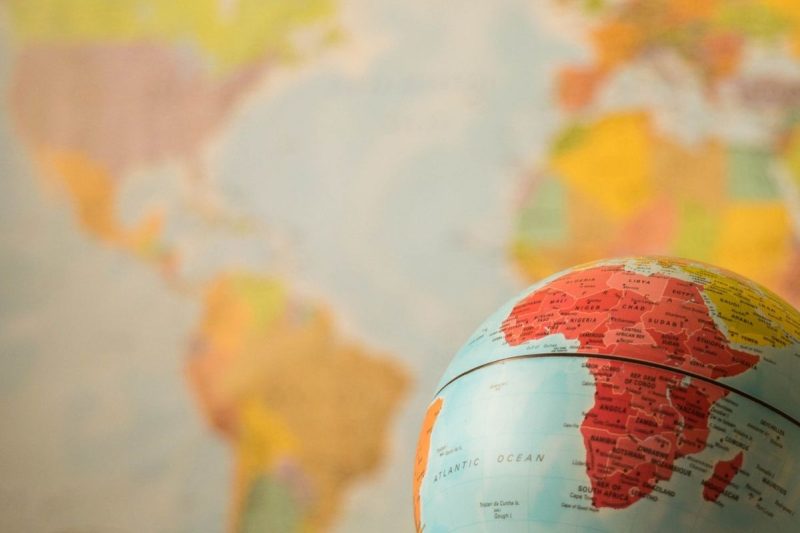The illicit trade of African gold has been a pressing issue in recent years, with the United Arab Emirates (UAE) emerging as a top destination for smuggled gold worth billions. A recent study sheds light on the scale of this illegal activity and the implications it has for both the African countries losing valuable resources and the global gold market.
According to the study, the UAE has become a significant hub for the trade of smuggled African gold due to its strategic location, well-established trading networks, and relatively lax regulations. Gold smuggled from countries such as Sudan, Ghana, and the Democratic Republic of Congo find their way into the UAE where they are processed, rebranded, and sold to international markets. This process not only deprives African nations of much-needed revenue but also fuels conflict, environmental degradation, and human rights abuses in the source countries.
One of the key findings of the study is the sheer scale of the illicit gold trade flowing into the UAE. It is estimated that billions of dollars’ worth of African gold are smuggled into the country annually, making it a major player in the global gold market. This influx of illicit gold not only distorts international trade but also undermines efforts to promote ethical and sustainable practices in the gold industry.
The study also highlights the complicity of various actors in perpetuating the illegal trade of African gold. From corrupt officials in African countries facilitating smuggling operations to shady middlemen and traders in the UAE, there is a web of individuals and organizations profiting from this illicit activity. Tackling this issue requires a concerted effort from governments, law enforcement agencies, and industry stakeholders to strengthen regulations, increase transparency, and hold accountable those responsible for facilitating the trade of smuggled gold.
Furthermore, the study underscores the need for greater transparency and traceability in the gold supply chain to prevent the laundering of illicit gold. By implementing robust due diligence measures, enhancing oversight mechanisms, and fostering collaboration between countries, it is possible to combat the illicit trade of African gold and promote responsible sourcing practices.
In conclusion, the study serves as a wake-up call to the global community to address the rampant smuggling of African gold into the UAE. By understanding the complexities of this illegal trade, raising awareness about its negative impacts, and taking concrete actions to combat it, we can work towards a more sustainable and ethical gold industry that benefits all stakeholders involved.

